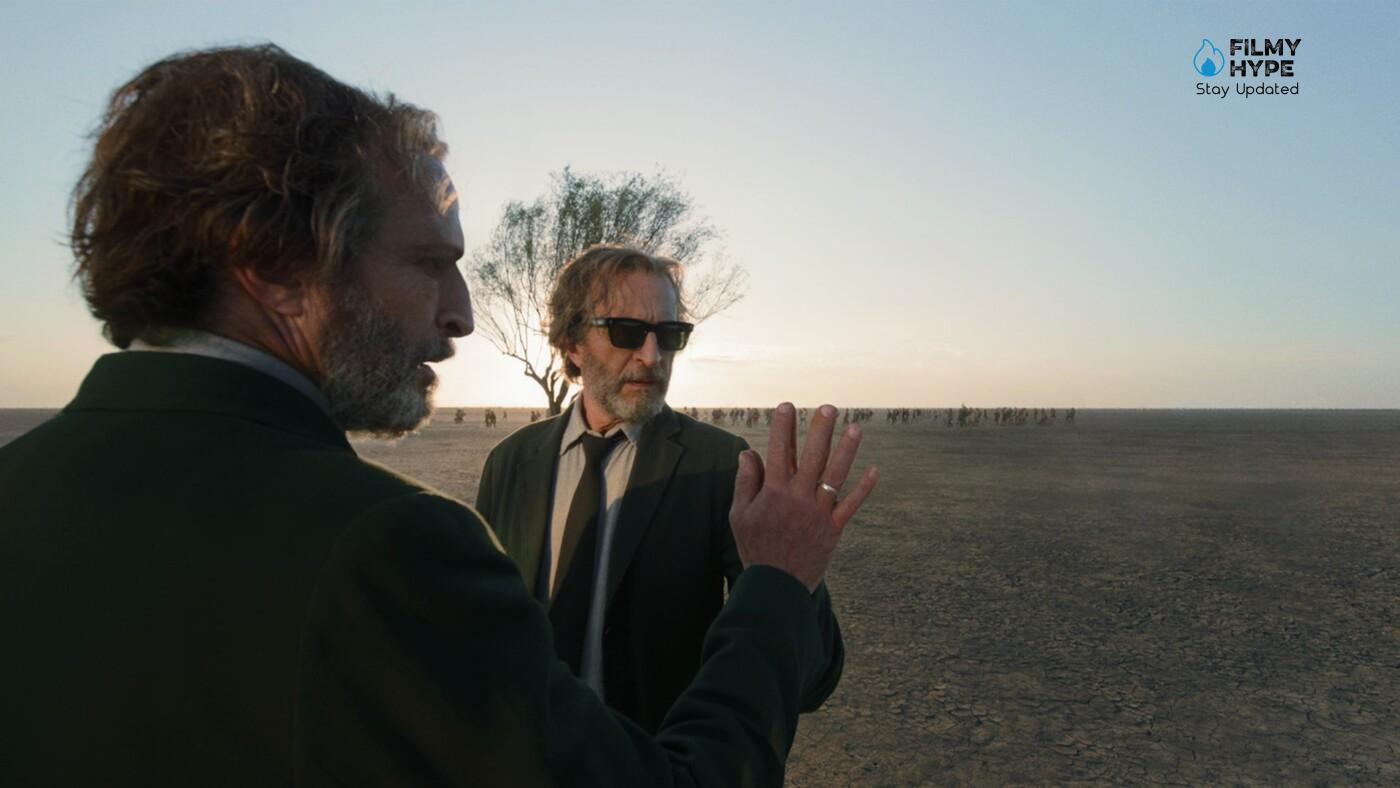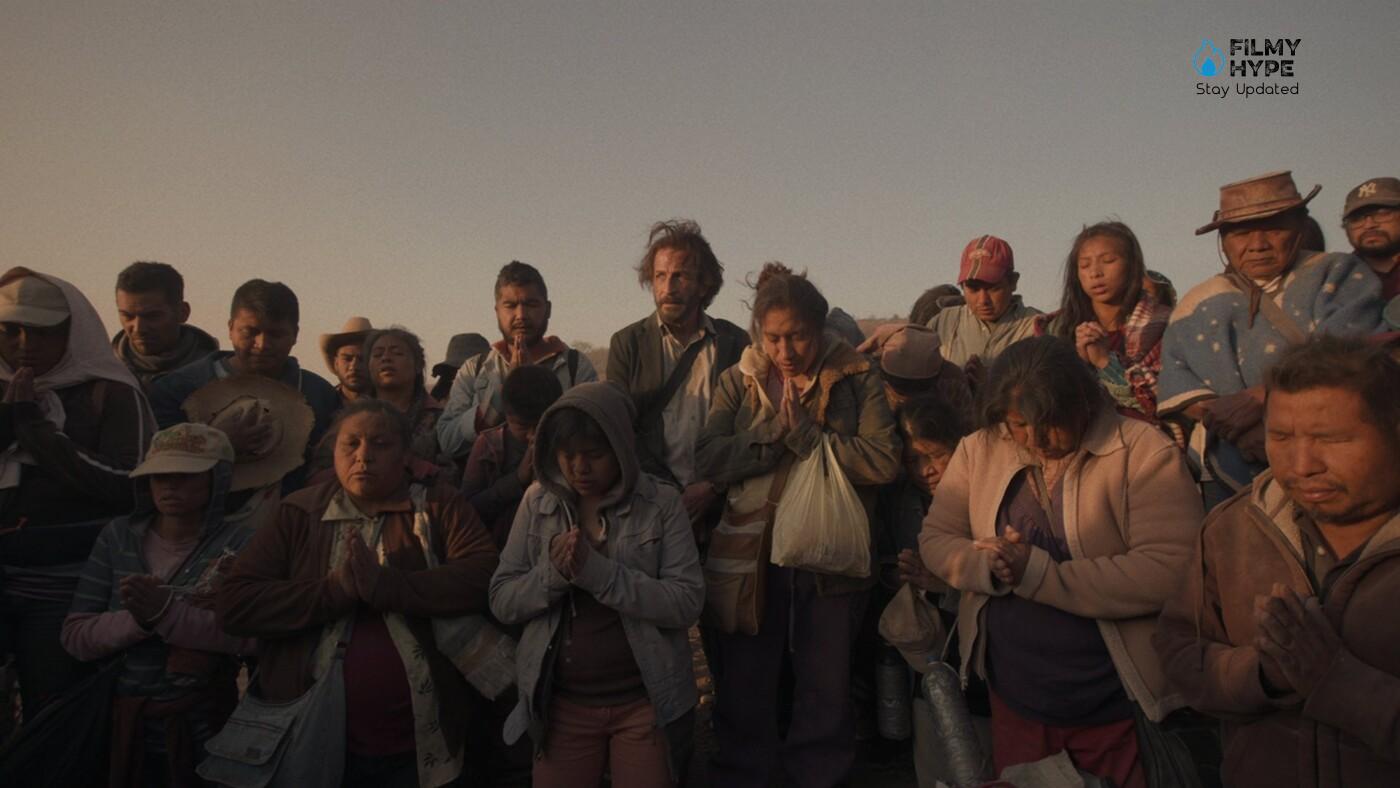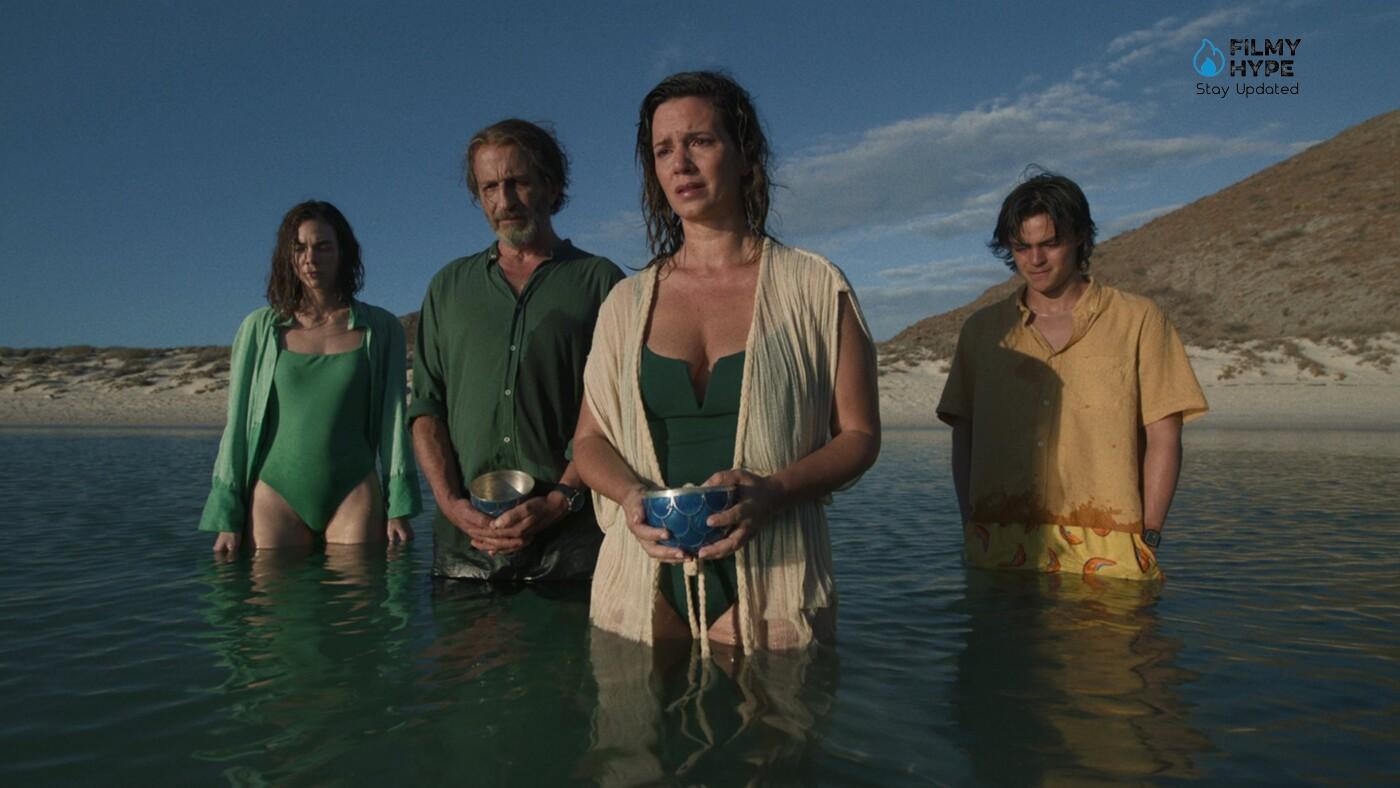Bardo: False Chronicle of a Handful of Truths the Meaning Of The New Film By Alejandro G. Iñárritu
Alejandro González Iñárritu has mentioned during the promotion of Bardo: False Chronicle of a Handful of Truths, that his latest film requires seeing it, perhaps, more than once. After appreciating it on two occasions, I understand that what the Mexican director wanted to say was not pretentious, it was a reality that honors how the film has defined itself through its advances: a state of mind.
At two hours and 39 minutes long, Bardo proposes an unconventional narrative structure, yet it’s not hard to give it a synopsis. Silverio Gama (Daniel Giménez Cacho) is a Mexican documentary filmmaker who left his country 20 years ago to forge a successful career abroad; On his return to his homeland, he will find himself with deep moments of self-criticism and reflection about his migrant condition, his family, success, the deep wounds of his colonized country, loss, among many other issues with which any viewer can identify themselves.

It’s understandable to leave the movie theater with more questions than answers once you’ve seen the film, but you also need to take the director’s warnings into account. It is a film where there is nothing to understand. If you go in with the automatic pilot of demanding logic, reason, truth, chronology, and structure, you are going to fight with the film. I invite people to disconnect that rational part, not to go with the mind that thinks, but with the mind that knows, with the heart,’ Iñárritu explained in an interview for Reforma.
Even so, certain keys can help put together the puzzle that we will break down below. First warning: it is normal if after watching the film you feel like you wake up from a dream where endless meaningless events occurred. Second warning: it is better not to try to explain these dreams and let them settle in the memory to review them, perhaps, another time.
Is Bardo based on True Events?
Bardo is not an autobiographical film, but it is an autofiction, according to the director’s own words. In the film’s production notes, Iñárritu explains that the inspiration behind the story is his own life, specifically, the fact that he moved to California with his family 21 years ago. ‘Leaving your country behind comes with hopes and plans for the future but, inevitably, with uncertainty, contradictions, and paradoxes,’ he notes.
Silverio Gama represents the memories of his creator’s life, but there is something expressed in the film that is key to understanding why we cannot consider it an autobiography: ‘Memory lacks truth; it only possesses emotional conviction’. For this reason, what the Mexican filmmaker raises in Bardo is an accumulation of reflections, blurred memories, contradictions and questions that he has had in the time that he has been away from Mexico. ‘If the time spent away from home is prolonged, one begins to lose perspective and these narratives and stories begin to dissolve. One’s identity begins to fade, and one begins to be questioned internally and externally.
Bardo’s Narrative Line
If you necessarily want to immerse yourself chronologically in the story of Silverio Gama, you will notice that the film resorts to anachronism: It begins with the end, with the documentarian detaching himself from the earth, and from there, begins a journey to the last days of his life. Whose ‘real’ experiences merge with his memories and with mirages that respond to the uncertainties that have haunted him throughout his life.

In this way, it is impossible to know if events like the argument he has with his former co-worker, Luis, occurred only in Silverio’s dreams, but that is not what matters. It is another of Alejandro G. Iñárritu‘s production notes: ‘Dreams, like cinema, are real but not true. In both, time is liquid. Yes, that’s where the name ‘false chronicle of a few truths’ comes from. There is truth in the thoughts that Gama has about his life and in the emotions that have made him feel, but we cannot trust anything that happened.
What Does Bardo Mean?
Probably one of the fundamental points to understand about that feeling that remains after seeing Bardo is found in the meaning of its title. In the Buddhist rite, ‘Bardo’ is the intermediate state between death and reincarnation, where visions of the life left behind are experienced. This limbo is interpreted in various ways in the film, not only because we see Silverio’s moments before leaving this world, but it also refers to the state of an immigrant who spends too much time outside his country and does not belong to one side, or the other.

The Bardo is different for each of the characters, not just for Silverio. His son, Lorenzo (Íker Solano), grew up in the United States and is not recognized in Mexico, so he lives in a constant intermediate state, like his daughter, Camila (Ximena Lamadrid), who is also at this point missing ‘everything that was not’. For his wife, Lucía (Griselda Siciliani), the Bardo could be in the period of mourning that he lives after the loss of his newborn son, since he keeps his ashes, not letting him go until she feels lost.
Bardo is Pretentious?
Now that Bardo has been released in theaters, it will be the audience’s turn to answer this question that critics have answered with a fervent ‘yes’ since its screening at the Venice Film Festival (The Guardian described it as an ‘existential crisis’). outrageously narcissistic’). The director exposes his criticism of the country that he left a little more than two decades ago from his privileged condition, one that he does not stop accepting between dialogues such as ‘we are first-class migrants’. He also delves into fears that not only he has had because he makes you empathize with his emotions, even if you are not necessarily a migrant.
Although understandably, the criticisms of his claim are related to the privilege of the filmmaker, the truth is that, in an era where the expression ‘point of view’ has ceased to be used lightly, that of Alejandro G. Iñárritu, deeply surrealist and oneiric can only enrich rather than harm the conversation. Bardo also confronts us with the contradictions that we have all felt at some time and even confronts his director with the paradox of being a successful Mexican, residing in the United States, offering a perspective of his country from afar.





